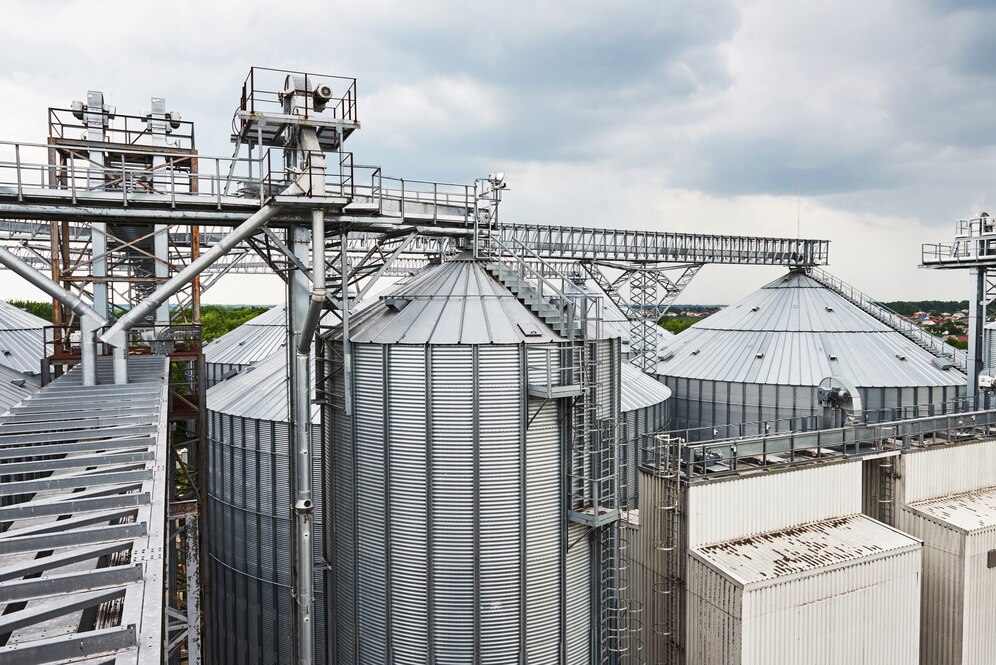The evaporator develops as a critical technology in the fast-paced food and beverage business, where efficiency is critical. It advocates better efficiency, higher product quality, and overall operational excellence at critical phases of production. This essential instrument concentrates liquids, improves preservation, and increases space efficiency. It does everything while supporting environmental goals. Evaporators are sturdy contributors in an environment where dependability is important. Furthermore, it supports accuracy and creativity across the dynamic processes of food and beverage manufacturing. You can easily find the evaporators services.
Advantages of Evaporators in the Food and Beverage Industry:
Concentration of Products-
The capacity to concentrate liquids is one of the key benefits of using evaporators in the food and beverage sector. Evaporation is the process of removing water from a material in order to increase the concentration of solids in the final product. This is very useful in the manufacturing of juices, syrups, and sauces since it not only improves flavor but also increases shelf life by lowering water activity, reducing microbiological development, and inhibiting rotting.
Energy Efficiency-
Evaporators are engineered to be as energy-efficient as possible. These systems may collect and reuse heat by utilizing modern technology such as multiple-effect evaporators, hence reducing energy consumption and operational expenses. This is especially important in an industry where energy prices might account for a large fraction of total production costs. The use of energy-efficient evaporators is consistent with sustainable practices since it reduces environmental impact while optimizing resource utilization.
Customization for Various Applications-
Evaporators’ adaptability makes them suited for a wide range of food and beverage applications. Evaporators may be customized to fit unique business demands, whether it’s concentrating fruit juices, purifying dairy products, or recovering valuable byproducts. This flexibility not only improves production efficiency but also allows firms to vary their product offers without requiring significant adjustments to the manufacturing process.
Improved Product Quality-
Evaporators help to enhance product quality in the food and beverage industries by eliminating excess water content. Concentrated goods frequently have improved flavors, colors, and textures, giving customers a more rewarding and delightful experience. Furthermore, the regulated evaporation process helps to protect the nutritional integrity of the items by preserving vital vitamins and minerals. This is especially crucial in the creation of healthy food and beverages.
Waste Reduction and By-Product Recovery-
Evaporators are critical in reducing waste and maximizing resource utilization. The concentration process recovers valuable by-products from liquid streams, decreasing total waste and enhancing production line efficiency. This not only matches with environmental aims, but it also helps to cost savings by converting trash into useful resources.
Enhanced Preservation and Shelf Life-
By lowering water content, evaporators assist greatly in the preservation of food and beverage items. Lowering the water activity prevents the growth of spoiling germs and bacteria, hence increasing the shelf life of the finished goods. This is especially important for sectors that deal with perishable commodities, such as fruits, vegetables, and certain drinks, to ensure that they reach customers in excellent condition.
Consistent Product Quality Across Batches-
Evaporators’ controlled evaporation process enables for exact regulation of product properties such as viscosity, concentration, and flavor. This consistency guarantees that the end product’s quality stays consistent between batches, matching consumer expectations and preserving brand integrity. Evaporators can help manufacturers obtain the necessary product attributes with great precision.
Space Efficiency in Production Facilities-
Evaporators are well-known for their small and space-saving design, which makes them excellent for integration into existing manufacturing facilities. This is especially useful in businesses where space is limited. Many evaporator systems are modular, allowing producers to enhance production capacity without requiring substantial facility modifications.
Reduced Transportation Costs-
Evaporators help to reduce product weight and volume by concentrating liquids and lowering water content. This not only reduces transportation expenses but also provides environmental benefits by cutting vehicle-related carbon emissions. Concentrated products require less space in packing and delivery, resulting in more efficient and cost-effective logistics.
Compliance with Stringent Regulatory Standards-
To maintain product safety and quality, the food and beverage sector is subject to stringent regulatory criteria. Evaporators are critical in attaining these criteria because they provide a regulated and hygienic atmosphere for the concentration process. They enable producers to adhere to food safety requirements and ensure that the finished goods satisfy the highest quality standards by facilitating the removal of impurities and pollutants.
Wrapping it up:
Finally, the usage of evaporators in the food and beverage sector has several advantages. Ranging from enhanced product quality to increased energy efficiency and waste reduction. As the business evolves and customers demand greater standards, incorporating modern evaporator technology into production processes will be critical. It will help businesses to remain competitive and achieve market expectations. Evaporators are more than simply pieces of equipment. They are essential instruments for fostering innovation and quality in the ever-changing landscape of the food and beverage sector. There are evaporators supplier in usa offering the quality evaporators.

